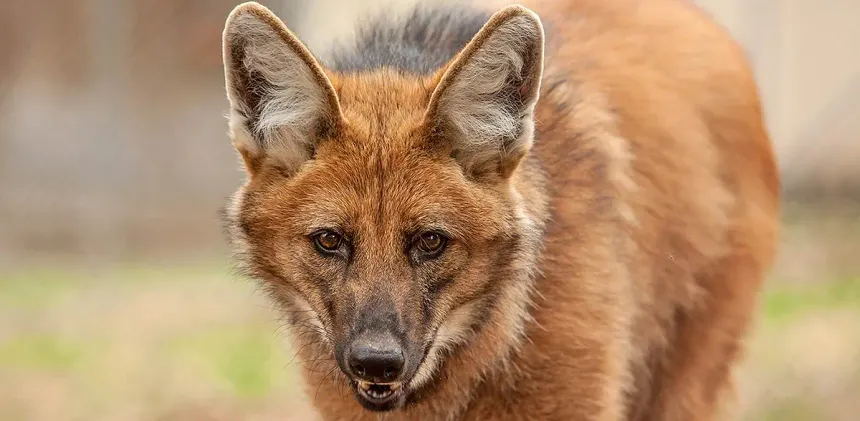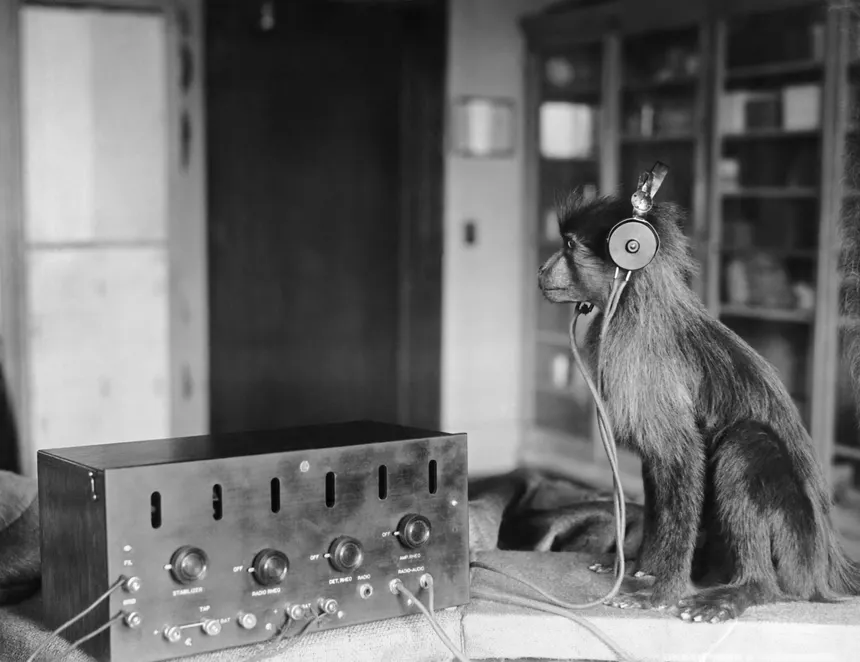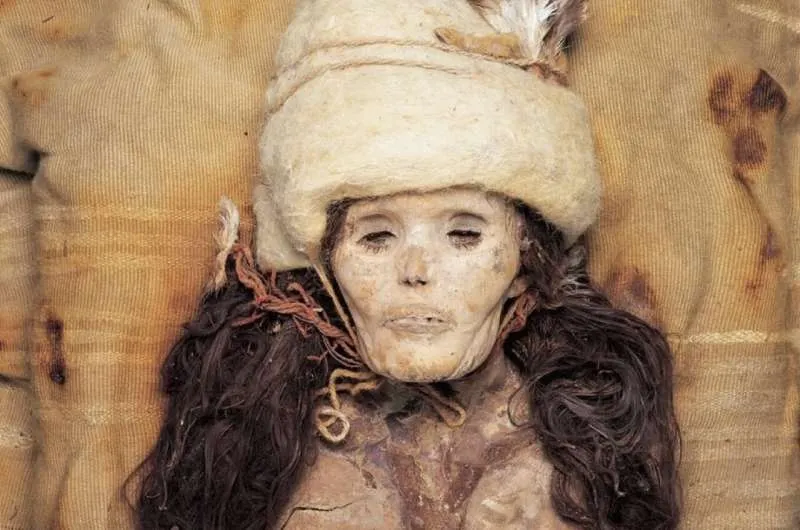The Real James Herriot: The True Story Behind “All Creatures Great and Small”
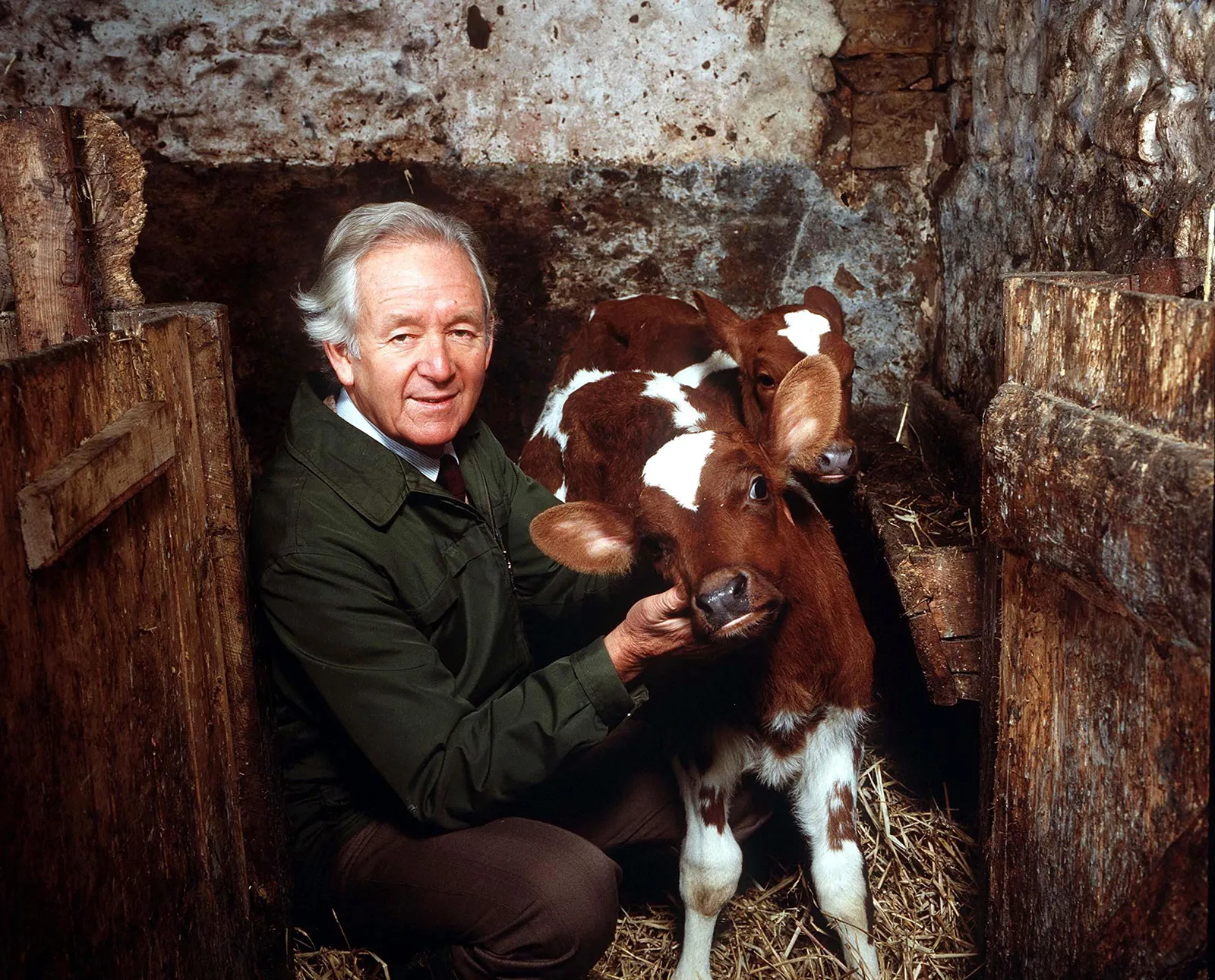
Introduction: Behind the Beloved Books
Millions know the heartwarming tales of James Herriot, the compassionate country vet who treated animals and comforted their owners in the Yorkshire Dales. Immortalized in the All Creatures Great and Small book series and its popular TV adaptations, Herriot became a household name. But who was the real man behind the pen name?
This article explores the true story of James Herriot, his inspirations, career, and legacy—and how a modest veterinary surgeon became one of Britain’s most beloved authors.
1. James Herriot Was a Pseudonym
The name “James Herriot” was a pen name. The real man was Alf Wight, born October 3, 1916, in Sunderland, England, and raised in Glasgow, Scotland. After graduating from the Glasgow Veterinary College in 1939, Wight began working as a country vet in the small town of Thirsk, North Yorkshire, where he would live and work for the rest of his life.
Why the pseudonym? In the 1960s, professional veterinary regulations forbade advertising, including publishing under your own name. So Alf Wight adopted “James Herriot,” inspired by the name of a Scottish goalkeeper he admired.
2. Life as a Yorkshire Vet
Wight joined the practice of Donald Sinclair, later fictionalized as “Siegfried Farnon,” in 1940. The practice covered a wide area of farms and villages, often requiring long drives in bad weather, midnight emergency calls, and improvisation with limited resources.
His patients ranged from cows and horses to dogs and cats, and the stories he collected over decades were filled with humor, heartbreak, and humanity. The characters he encountered—farmers, eccentric locals, and stubborn animals—formed the backbone of his literary world.
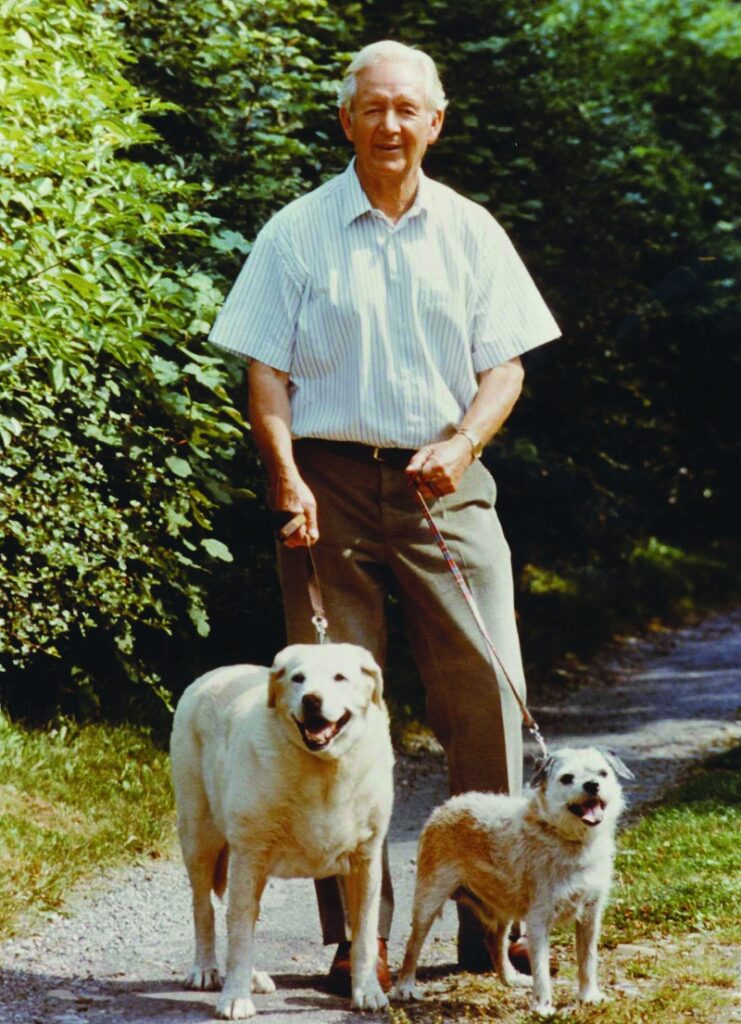
3. A Late Bloomer in Literature
Alf Wight didn’t publish his first book until he was 53. Inspired by his wife, Joan, and encouraged by friends, he began writing in the evenings after work. His first book, If Only They Could Talk (1970), was followed by others—eventually bundled into the international bestseller All Creatures Great and Small.
The books offered more than veterinary tales; they provided gentle humor, deep empathy, and vivid portraits of rural life, appealing to readers across generations and continents.
4. Fact vs. Fiction: What Was True?
- Siegfried and Tristan Farnon were based on real people: Donald and Brian Sinclair.
- Helen Alderson, James Herriot’s love interest (and later wife), was based on Alf’s real-life wife, Joan Wight.
- Many anecdotes, dialogues, and events were true or inspired by real experiences, though names and details were often changed for privacy.
- Herriot’s tone—humble, kind, and humorous—was not an act. It reflected the real Alf Wight’s nature.
5. Wartime and Postwar Years
Wight served in the Royal Air Force during World War II as a veterinary officer. After the war, he returned to Thirsk and resumed veterinary practice. The postwar years were challenging, with the rise of modern veterinary medicine and changing rural economies, but Wight remained a fixture in the community.
Despite his fame, he continued working as a vet until 1980, maintaining a modest, grounded lifestyle.
6. Worldwide Fame and Enduring Legacy
- The All Creatures Great and Small series has sold over 60 million copies worldwide.
- It was adapted into two successful TV series: the original BBC adaptation in the late 1970s–90s and the acclaimed 2020 Channel 5/PBS reboot.
- Visitors still flock to Thirsk, where the World of James Herriot museum is located in his original surgery building.
Wight was awarded the Order of the British Empire (OBE) in 1979 for his contributions to literature and veterinary science.
7. Final Years and Death
Alf Wight passed away on February 23, 1995, at the age of 78, after battling cancer. His final years were spent surrounded by family, fans, and the countryside he loved so deeply. His literary work lives on, offering timeless comfort and joy to readers around the globe.
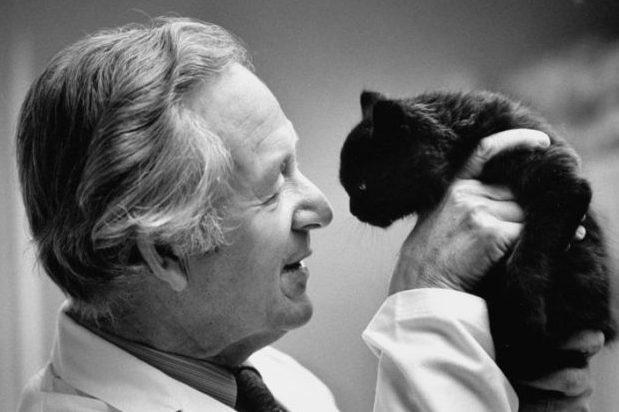
Conclusion: A Life of Quiet Brilliance
Alf Wight, the man behind James Herriot, never sought celebrity. He simply wanted to tell stories that made people smile, and in doing so, he captured the spirit of a bygone era, the bond between humans and animals, and the beauty of everyday kindness. In a fast-moving world, his stories remain a reminder of the warmth and wonder of simple lives well-lived.



